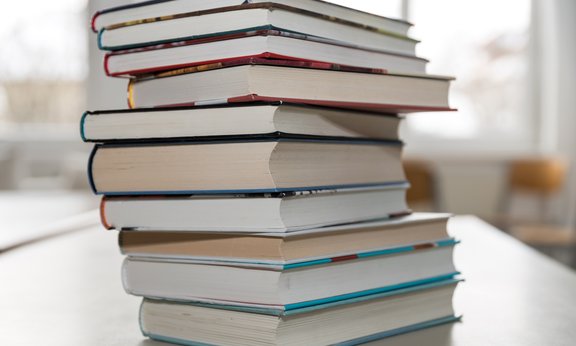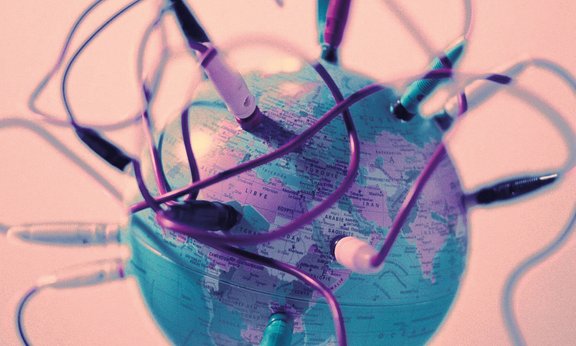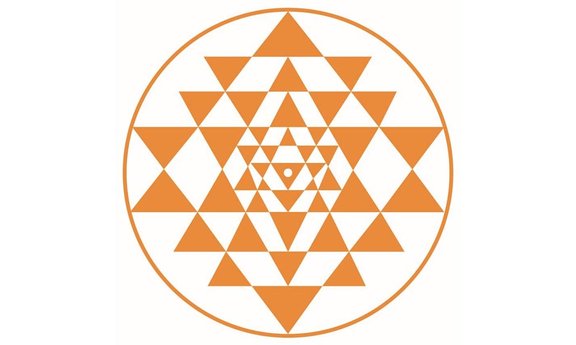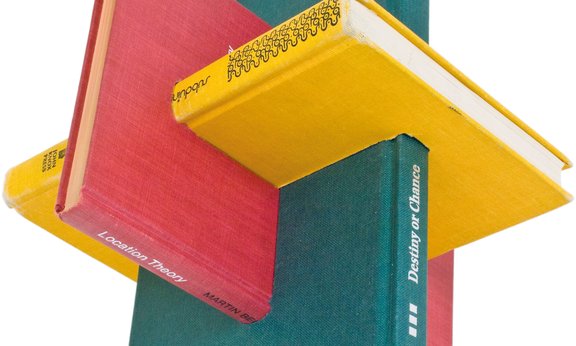Bachelor’s Programme Comparative Literature
Would you like to understand what literature is, how it relates to other arts and how it determines and is determined by social practice?
The Bachelor’s Degree Programme in Comparative Literature provides education in philological theory that goes beyond studying individual languages or cultures. The students learn about the relationships between language and culture as well as media and the literatures of the world. This subject of study is positioned at the intersection to other disciplines, for example film studies and ethnology.
Please note: the language of instruction for this programme is German.
Study Code
C 033 670
Supplemental examination
Latin
Supplemental examination in Latin is required before completion of the bachelor's degree programme if this subject was not completed satisfactorily with at least 10 credit hours at a higher-level secondary school.
FAQ
Graduates are able to elaborate, evaluate and implement scientific developments in the fields mentioned in the question on the main topics of the study programme below and to apply them in interdisciplinary contexts. They possess scientifically well-founded theoretical and methodical problem-solving skills, key qualifications and soft skills.
By closely linking theoretical knowledge with practical tasks, students are encouraged to examine the acquired scientific-theoretical knowledge and competences in specific fields of work.
Subject-specific knowledge and competences: philological-cultural, literary and linguistic basics; text and media analysis; world literature and intertextuality; literature and culture theory; intermediality and interculturality; knowledge of cultural history; practical literary studies; advanced foreign language skills.
Key qualifications and soft skills: competence in the field of reception and interpretation of scientific and literary texts, also of films and other artworks; competence in writing scientific and other texts; faculty of abstraction and thinking in comprehensive contexts; intercultural competence (ability to impart one’s own culture and to promote the understanding of other cultures), based on advanced foreign language skills; awareness of problems for socially marginalised and disadvantaged areas; competence to realize and critically reflect gender-specific differences; teamwork, in particular for interdisciplinary work; communicative abilities, basic mediation competence; ability to correctly use foreign language skills acquired; general knowledge in the cultural and humanistic field.
Fields of activities are to be found in international cultural and educational exchange (e.g. foreign lectorates, cultural activities in foreign representations, EU and UNO institutions); publishing – media (editorial work; publishing activities; print media sector, especially journals; but also radio, television and new media or public relations; art and cultural journalism); activities in archives and (special)libraries; education policy (advisory functions in politics and economy; adult education; librarianship); cultural policy, administration and mediation (project management in museums and exhibitions); advisory functions for management and (cultural) policy; organizational and administrative tasks in public and private institutions, organisations and enterprises etc.
Graduates tracking: Shows which occupational fields students enter after graduation
Faculty of Language, Literature and Culture Department of Comparative Literature Examination Office Information for students with disabilities
Curriculum
From the field
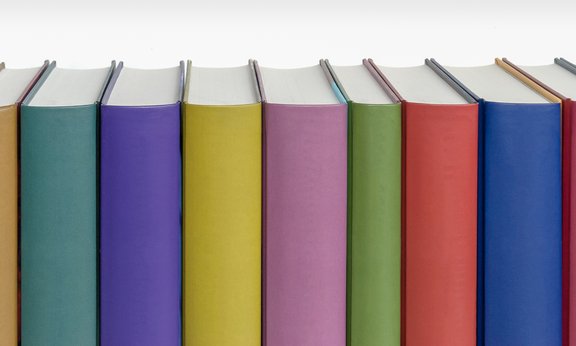
Buchtipp: Menschmaschinen/Maschinenmenschen in der Literatur
Ein am Institut für Vergleichende Literaturwissenschaft erschienener Sammelband zum Thema künstlich erschaffene (Lebe-)Wesen untersucht aus diskursanalytischer und gendertheoretischer Perspektive „Golems, Roboter, Androiden und Cyborgs als das dritte Geschlecht“ – so der Untertitel des Werks mit Beiträgen von Masterstudierenden – in ausgewählten literarischen Werken von der Antike bis zur Gegenwart.
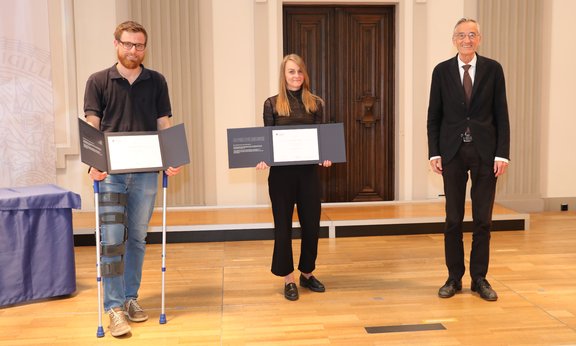
Literaturpreis der Zuegg-Stiftung verliehen
Die Innsbrucker Autorin Katharina Schaller und der bekannte Tiroler Poetry-Slammer Stefan Abermann erhielten den Literaturpreis 2020 der H. und K.-Zuegg-Stiftung. Die Übergabe des mit 4.000 Euro dotierten Förderpreises erfolgte am 1. Juli in der Aula der Universität Innsbruck im Beisein von Rektor Tilmann Märk und Vizerektorin Ulrike Tanzer.
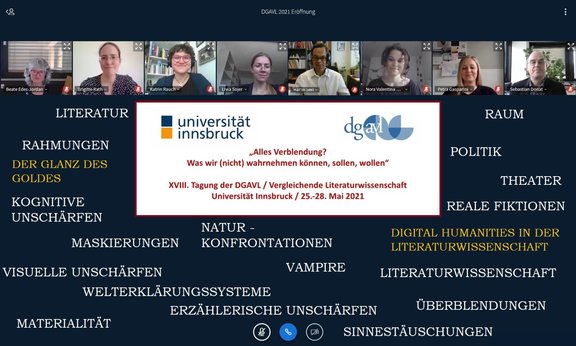
Tagung warf Blick auf die Verblendung
Das Institut der Vergleichenden Literaturwissenschaft der Universität Innsbruck richtete vom 25. – 28. Mai 2021 die 18. Tagung der deutschen Gesellschaft für Allgemeine und Vergleichende Literaturwissenschaft (DGAVL) im digitalen Raum aus. Eine Vielfalt an Themen wurde unter dem Titel „Alles Verblendung? Was wir nicht wahrnehmen können, sollen, wollen“ vorgestellt.
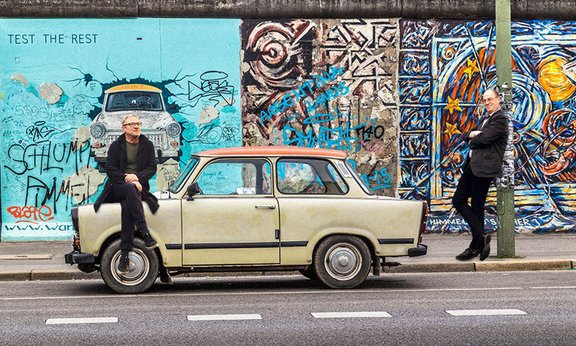
Mauerfall in Literatur und Film
Im Nachgang einer Veranstaltung des Österreichischen Kulturforums und des Literarischen Colloquiums Berlin beschäftigen sich Studierende mit dem Fall der Berliner Mauer und der Rolle von Literatur und Film als Reaktions‑ und Reflexionsmedium sowie als Bestandteil des gesellschaftlichen Diskurses. Mit einer kleinen Filmreihe im Leo-Kino wird das Thema auch in die Öffentlichkeit getragen.
Related studies

English and American Studies (Bachelor)
Bachelor of Arts

Educational Sciences (Bachelor)
Bachelor of Arts

History (Bachelor)
Bachelor of Arts

French (Bachelor)
Bachelor of Arts


